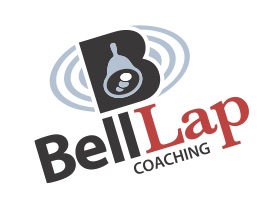Defeat Dehydration
Endurance athletes are well acquainted with many of the symptoms of dehydration: thirst, dry mouth, decreased sweat rate and urine output, darkly colored urine, increased heart rate, headache, increased fatigue and more. Understandably, athletic performance may suffer due to the discomfort of any one or more of those symptoms, but let’s explore more of the negative impacts water loss can have on performance.
Even at rest, our bodies lose water through the processes of respiration, cellular metabolism, and sweating. The higher our rate of activity, the higher the rate at which those processes operate and the greater the risk of dehydration.
As athletes become increasingly dehydrated during a workout or race, their blood volume decreases. Lower blood volume leads to a number of factors that negatively affect athletic performance: higher blood pressure, increased difficulty regulating body temperature, and a reduction in the rate at which our bodies can exchange the waste products of cellular work for vital oxygen and nutrients.
Even relatively small levels of dehydration can lead to significant decreases in athletic performance. Maximal aerobic power (VO2max) can decrease by about 5% in an athlete who’s lost the equivalent of 3% of their body weight through dehydration. Long, hot workouts on the roads or trails aren’t the only scenarios where dehydration takes a toll. Cyclists racing in events of a few minutes or less can suffer up to a 45% reduction in work capacity when they’ve lost as little as 2.5% of their body weight due to dehydration.
Here are some actionable tips to help you deal with dehydration:
• Calculate your sweat rate to ensure adequate rehydration after a race or workout.
• Create a hydration plan of how much (and when) you need to drink based on environmental conditions and the specifics of your workout / race.
• Plan ahead for training rides and race days: map out water stops for your training rides in advance, practice taking a feed or bottle hand-up before hot races, and bring plenty of fluids for rehydration after working hard in the heat.
Explore more about hydration:
Read: GUIDE FOR ATHLETES ON WHEN TO DRINK from Australia’s NSW Institute of Sport
Listen: Dr. Peter Attia’s podcast discussing hydration, electrolytes, supplements, sports drinks, performance effects, and more
Watch: Hydration for optimal health and performance with Stacy Sims, PhD
